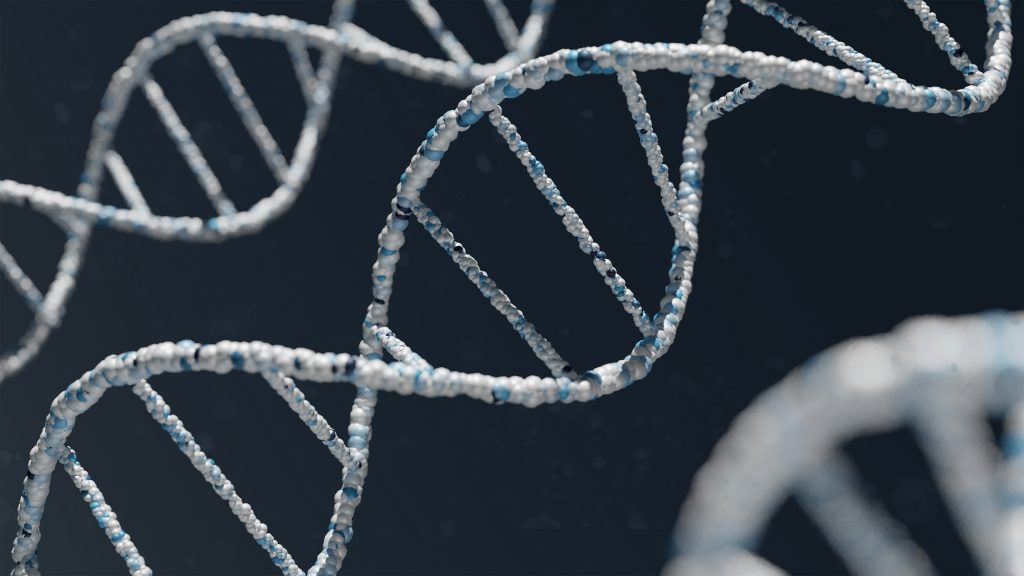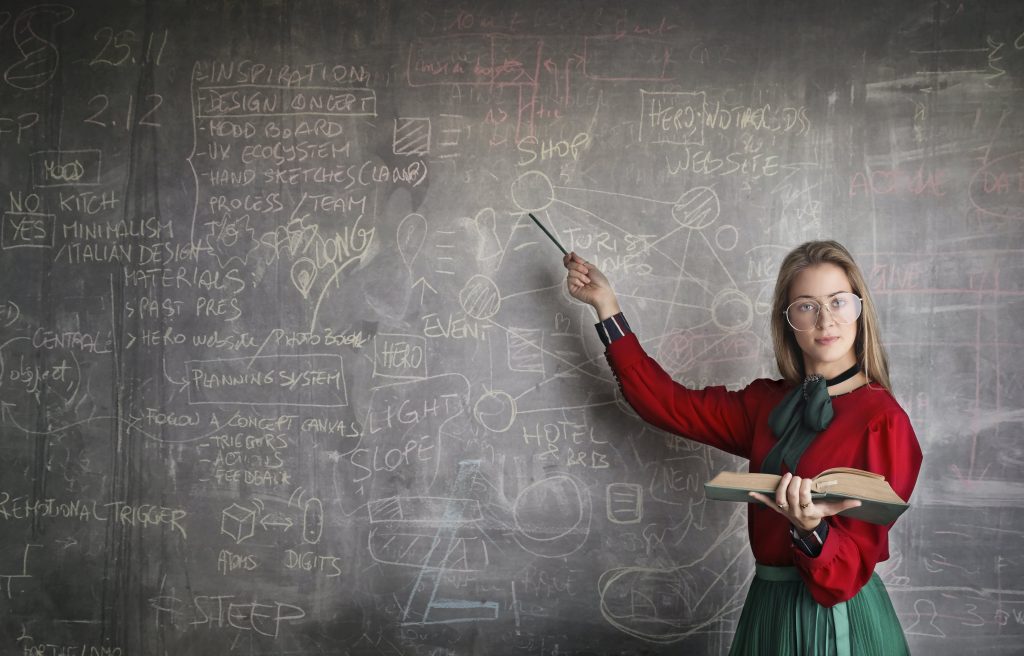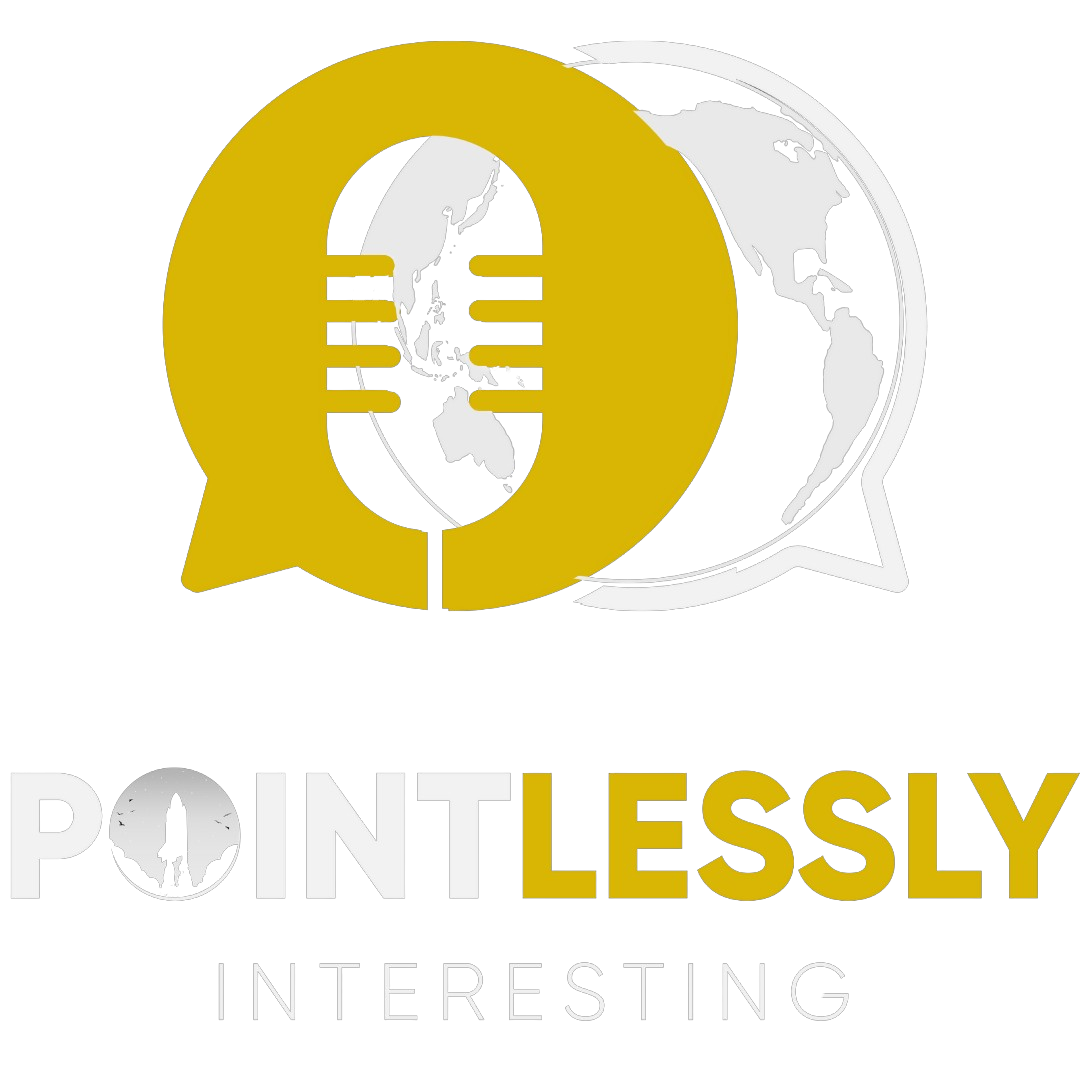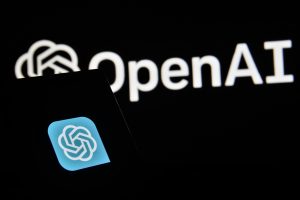A friend of mine and I have discussed this weird question long ago. If you’re thinking “BLASPHAMY!!” then rest assured because both my friend and I believe in God. This question is simply a philosophical exploration of how far humanity has reached.
This question was brought up by the friend I mentioned earlier while we were recording our podcast (Pointlessly Interesting Talks). He struggled to voice the question at first and tried hard to phrase it in a way that wouldn’t be too offensive. Eventually, he just asked, “Are we gods in our own right?.”
At first, I was confused; what kind of question was this?! But then he went on and explained himself.
Evolution of humanity
He said that humans have come very far in the short time we existed. Human innovation reached a level where we can even alter DNA!
An everyday example of this is corn. Corn is a manmade grain; it started as a grass called Teosinte and, through artificial selection – don’t ask me how it’s done – corn as we know it was developed. It is not just corn that has been through this, however, many (if not all) modern fruit and vegetables are artificially altered in one way or another.
An extreme example of DNA alteration is what’s known as ‘Designer Babies’ (yes, you read that right!). Designer babies is a concept that has been around at least since the early 2000s, but most people would not have heard of the term before. We only came across the term around 2017, when we were looking for interesting things to talk about.
Designer Babies
Designer babies (or CRISPR babies) are made through In Vitro Fertilisation (IVF) with the help of CRISPER technology. Most are familiar with the IVF process, where the fertilisation process happens out with the mother or surrogate, and then inserted for impregnation. The difference here is that the doctor (or technician, whatever they’re called), using CRISPR, can select particular genes to achieve the criteria set beforehand by the parents. The parents could, for example, ask for a specific gender, or a baby with blue eyes. While this process does not guarantee the outcome, it can increase the odds.
Another application of this designer baby concept is saviour siblings. This is where the embryo is chosen in the likely chance that the baby produced would be a match for an organ transplant to a critically ill child the parents already have. You can imagine that there are many ethical implications of the the saviour sibling concept, and maybe you would like to explore it further, unfortunately, it is not the topic of conversation in this article. You can read more about this here, or check the video below for some information on the topic of designer babies.
Intelligence
Another point my friend brought up was that humans had no right to reach the heights we did on Earth. Against all odds, be it natural disasters, predators or even fellow humans, we survived. Simply surviving wasn’t enough for us though, we wanted to excel and rule the earth, so what did we do? We use the thing that differentiates us from other animals: our intelligence.
In a documentary series called Cosmos: A Spacetime Odyssey, presented by the renowned astrophysicist Neil deGrasse Tyson, Dr. Tyson mentions how humanity domesticated animals to survive. The wolf, for example, was domesticated and is the reason we have dogs. Humanity has stopped adapting to the wild, and now animals adapt around us to survive.
Wolves recognised that, because of weapons and other tools we had, it was getting harder to hunt humans for food. One of the methods humans used to fend off attacks was to give wolves an alternative source of food. Wolves then started to recognise that to get food from humans, they must get close to them. From then on, the relationship developed to the point where dogs are man’s best friend.
My friend has a point here; we humans have come to a point where we are technically at the top of the food chain (above lions, tigers, sharks and so forth of the world’s deadliest animals) when we have no right to be. I can’t argue against humanity’s ability to adapt and overcome obstacles because we are amazing in that regard, but… do we possess the ability to call ourselves gods?

Insignificance of Humanity
Humanity lives in the already available universe. The universe was there long before us. In Cosmos: A Spacetime Odyssey, Dr. Tyson presented the “Cosmic calendar” which is a visualisation of the universe’s 13.8-billion-year life span in the scale of a single calendar year. This idea was first introduced by Carl Sagan (another renowned Astrophysicist).
In this cosmic calendar, we humans only appeared in the last second of the last day of the calendar. This tells you that we are mere specs in the history of the universe.
Humans have indeed achieved many things in this “spec-of-dust” length of time we were alive, but does that amount to anything when compared to the creation of the universe? Even if you do not believe in God, and think all of this happened by chance, there are at least 100 billion stars in the Milky Way Galaxy, let alone the ever-expanding universe.
Our existence is bound by the laws of the place we live in. We cannot—and will not—create something out of nothing; everything follows scientific laws that we are still discovering.
If a natural disaster were to take place, what can we do against it? There are certain precautions we can take, of course, but these precautions are limited; it is more likely than not that fatalities will occur in the area where the natural disaster hits, despite whatever preparations are made. We have no power over nature.
Now to the first point my friend mentioned; the altering of DNA. Altering anything is, by definition, changing something that already exists. We could not create things out of nothing.
For designer babies, we simply intervened in the natural fertilisation process and made modifications (although as I understand it, this process is illegal in most countries as of 2023). Also, as far as I understand, genetically modified food is created by infusing different genes together to produce the desired item; more or less the same general process done through IVF in designer babies, i.e., modifying something that already exists.
My friend called human beings chameleons because we adapt to the world around us like chameleons change colour to camouflage (I learned recently that this is a misconception and that they change colour based on their mood). According to him, we ceased to be chameleons because we created tools to beat animals and eventually domesticated them.
It is impressive of us humans. We intelligently adapted to survive, and when we learned how to overcome these obstacles, we reached the top of the food chain. You could say that overcoming such crazy barriers required God-like ability but if you view this from the other side, aren’t the animals we domesticated doing the same thing we did before: adapting to survive? Did we domesticate them, or is it simply them recognising the need to adapt to us? Who’s benefiting more here?


Conclusion
The points mentioned in this article are loosely collated from the talk my friend and I had about this subject. Some of it may seem incoherent to you as a reader, but I do hope that you get the gist of what I’m trying to convey and maybe become curious enough to think about the question of this article and form an opinion of your own.
My friend believes that humanity is at least on the brink of reaching “god-level” ability in terms of technological advancement, medicine, and our understanding of space if they haven’t reached there yet.
I, on the other hand, believe that despite the advancements we have reached, we will not be able to release the bonds of the laws of physics that shackle our existence in this universe.
What do you think?




